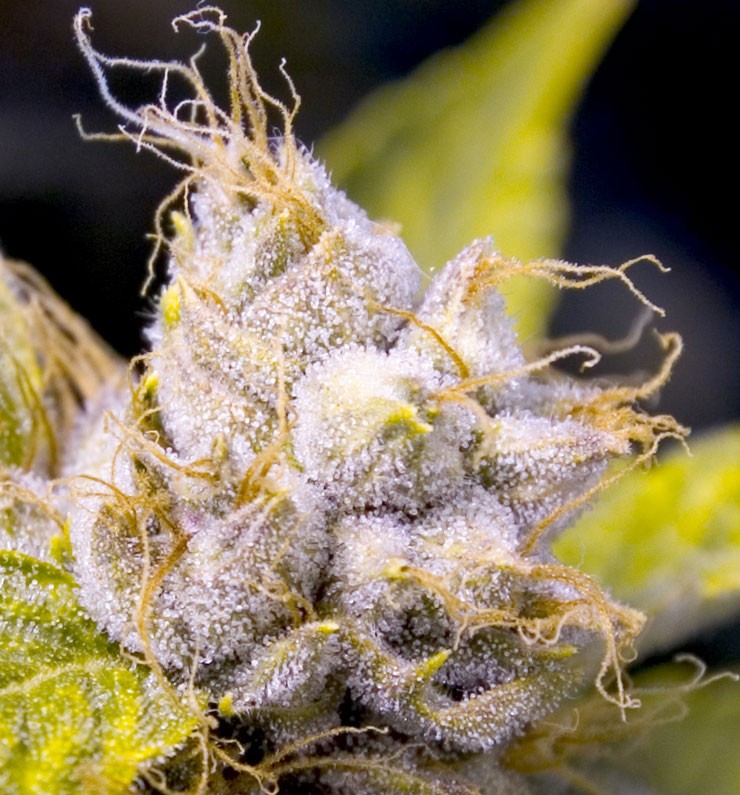Terpenes are the essential oils in cannabis, and are responsible for its unique aromatics, as well as some psychoactive effects. Strains like Cherry AK, Sour Diesel and Pineapple aren’t just names; they also refer to the smells of the strain emitted by the terpene content.
There are over 120 identified cannabis terpenes. One in particular, myrcene, is reputedly responsible for the effects normally associated with indica vs. sativa strains. The more myrcene in your strain, the more likely you will experience the “couch-lock” effect associated with indica-dominant strains. The absence of myrcene will give you a soaring or sativa-like effect. These effects, including medical efficacy, are influenced not only by the cannabinoid profile (THC, CBD, etc.), but by the combination of the cannabinoids and terpenes.
Science hasn’t focused enought on terpenes. A Google Scholar search of “THC” produces more than 1,000,000 articles; a search of “THC” and “terpenes” produces 15,000 articles. So only 1.5 percent of the scientific articles concerning THC mention terpenes, and presumably even fewer of them have looked at the role of terpenes in the individual studies. Given that scientists pride themselves on doing experiments that can be reproduced, the failure to mention terpene content casts a massive shadow over past cannabis research.
Another look at Google Scholar yields the following: “THC” and “cancer” shows 78,000 results, while “THC,” “cancer” and “terpenes” comes up with only 3,000 results. Why is this important? There is a small body of research out there that says the addition of a certain class of terpenes known as sesquiterpene lactones combined with THC/CBD has greater efficacy in fighting cancer than THC alone. (Note to breeders and cultivators: look for strains that have a CBD to THC ratio of one to one, with a strong sesquiterpene lactone profile. One mother plant could make the world a better place.)
The role of terpene content in treating epilepsy shows the same research pattern. Less than 4 percent of the scientific articles mention terpenes. Does the terpene profile make a big difference in treating epilepsy with cannabis-based therapies? Maybe, maybe not. The fact that the science is largely silent on the subject is troubling for parents trying to figure out how to help children suffering from seizures.
Is the addition of sesquiterpenes really better at fighting cancer? It’s possible, but some classes of sesquiterpenes have produced toxic side effects. We need more research. Terpenes matter. Go back to the lab, scientists, and get busy.
Michael Hayes works for CBD-Guild. Contact him at [email protected].











